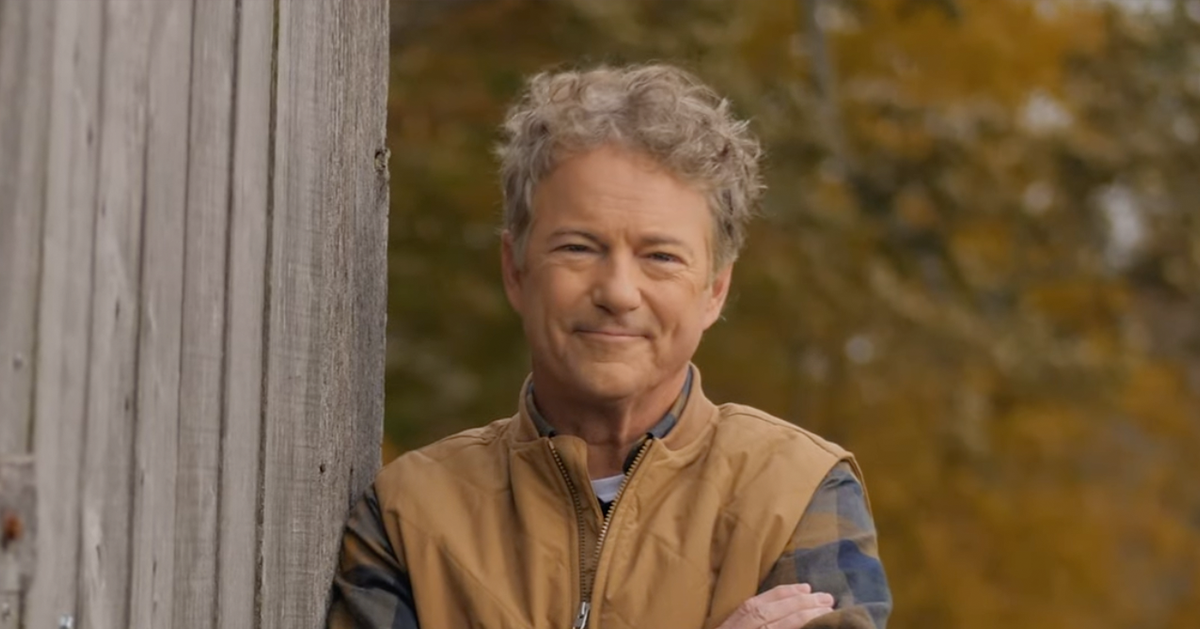Trump Revives References to Biden's 1994 Crime Bill Amid Black Voter Outreach in Detroit
Trump took a stance in Detroit by appealing to Black voters and criticizing Biden’s historical crime policies viewed by many as detrimental to minority communities, as Fox News reports.
The event unfolded at 180 Church in Detroit, where Trump criticized the 1994 crime bill, which was authored by then-Sen. Joe Biden. This legislation has been heavily scrutinized over the years for its impact on the Black community, contributing to higher incarceration rates among Black Americans.
Trump Addresses Crime and New Voter Coalition
In his comments, Trump stressed that the highest burden of rising crime rates falls on Black communities. He linked these issues back to policies Biden supported decades ago, particularly highlighting the disparity in consequences for crack versus powder cocaine possession. This approach set the stage for his broader appeal to Black voters during this election cycle.
The roundtable also served as a platform to announce the Black Americans for Trump coalition. This initiative aims to solidify Trump’s commitment to addressing the needs and concerns of Black voters.
Notably, prominent African American figures such as Ben Carson, the former secretary of Housing and Urban Development, and John James, a Michigan congressman, supported Trump at this event.
Trump used his speech to evoke the term "super predators," a phrase controversially linked to Hillary Clinton in 1996. While criticizing Biden, he attempted to reconnect this term with Biden's legislative impact, despite it notably being associated with Clinton who later retracted its use.
Community Reaction and Campaign Criticism
The local response to Trump’s visit was mixed. The pastor of 180 Church, where the event was held, expressed gratitude towards Trump for focusing on issues critical to their community.
This sentiment points to a segment of the African American community that sees value in Trump’s policy proposals and his focus on safety and economic opportunity.
However, the Biden-Harris campaign quickly responded, labeling Trump’s outreach as insincere. They referenced alleged past controversies regarding race relations to question the legitimacy of his new coalition and his appeal to Black voters. Such criticisms highlight the ongoing battle for the loyalty and trust of Black Americans in the political sphere.
Polls suggest an increase in Black voter support for Trump compared to his 2020 campaign numbers. However, Biden still maintains a majority of the Black vote according to recent polling data. This indicates a competitive race with both campaigns vying to secure every possible vote.
Trump’s Crime Rhetoric Targets Biden's Legislative Past
During his speech, Trump made a direct appeal to Black voters’ concerns about crime. He said, “More people see me, and they say, ‘Sir, we want protection. We want the police to protect us. We don't want to get robbed and mugged and beat up or killed because we want to walk across the street to buy a loaf of bread.’” His rhetoric attempted to frame him as the candidate who could provide security and law enforcement support needed by Black communities.
He sharply criticized Biden for the 1994 crime bill, portraying Biden as “the king of the ‘super predators,’” a stance aiming to erode Black support for Biden by revisiting his legislative track record. This criticism links back to broader discussions on race, crime, and justice in America.
Trump’s historical context for such criticism involves Biden’s own stated regrets over the 1994 crime bill and the Anti-Drug Abuse Act of 1986; both pieces of legislation many believe had unintended and disproportionate impacts on Black Americans. Biden has since acknowledged these disparities, adding complexity to the current political dialogue surrounding race and justice.
Concluding Thoughts on Trump’s Detroit Visit
Former President Donald Trump’s campaign stop in Detroit was a deliberate move to engage with Black voters, emphasizing safety, economic growth, and revisiting historical grievances.
His establishment of the Black Americans for Trump coalition signals a focused strategy to increase his appeal among Black voters.
Nevertheless, the Biden-Harris campaign and its supporters continue to challenge his motives, framing his outreach as insincere based on his previous statements and actions related to race relations.
As the political landscape continues to evolve, the effectiveness of Trump's strategy will largely depend on the perception and experience of the voters he aims to sway.






